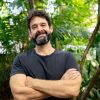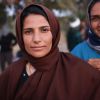An aid networker
Jackson Nabaala has been working for Welthungerhilfe since 2006. In Lebanon, Syria and Turkey he searches for solutions amid complex conflicts.
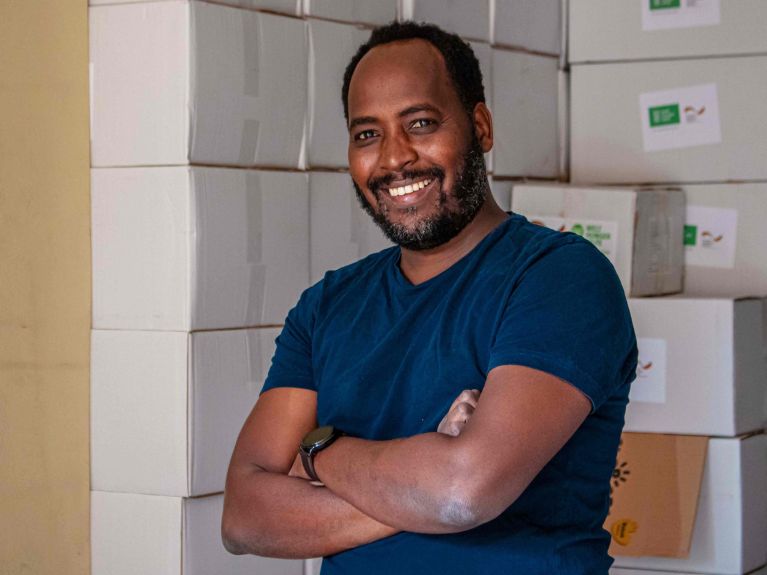
Practising international networking: We present individuals who symbolise Germany’s partnerships around the world. Global challenges can only be overcome by working together.
Jackson Nabaala had only been Deutsche Welthungerhilfe’s country director in Lebanon, Syria and Turkey for five months when the earthquake struckon 6 February 2023. Shortly after Nabaala had fled from his house in Turkey, he received calls from colleagues all over the country. Many had lost their homes and ended up on the streets with their families. It was cold and people were searching for a safe place to stay. Some had children, grandparents or sick family members with them.
“I found myself in a situation I had never experienced before. Many of my colleagues, who normally would be distributing aid, were now reliant on aid themselves,” explains Nabaala. That made it more difficult for the organisation to do its work. In the days following the earthquake, Nabaala worked round the clock to distribute tents, clothing and food. He travelled around the disaster area, working and sleeping in his car. The earthquake changed his view of life. “That night made it clear to me that anyone can end up in a situation in which they are dependent on help, regardless of their standard of living.”
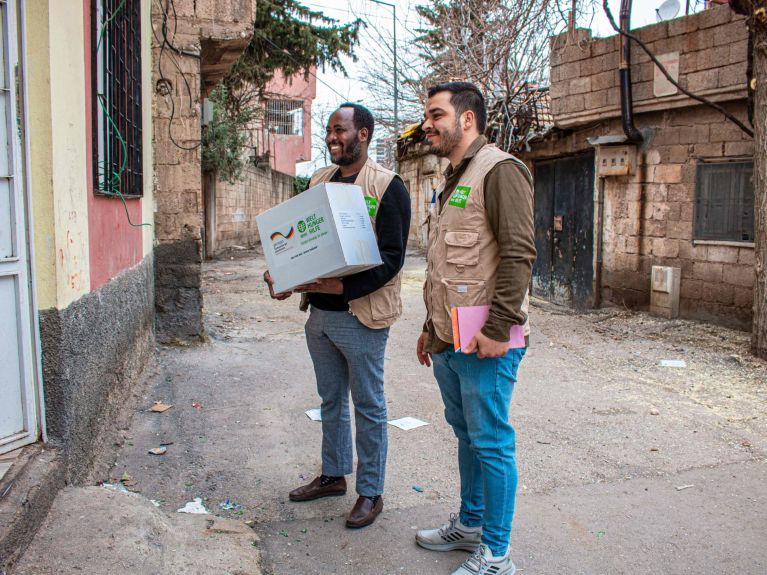
Ending hunger in the world by 2030
Nabaala is from Kenya and has been working forWelthungerhilfe since 2006. As country director, he was responsible for Lebanon, Syria and Turkey from October 2022 to April 2023; currently he works as deputy country director in the three countries. Welthungerhilfe has been active worldwide since 1962. As a non-governmental organisation, it remains neutral and does not take sides in any conflict. In this way, it guarantees that anyone can receive assistance, irrespective of their ethnic origin, religion or world view.
In 2022, Welthungerhilfe ran twelve projects to help around 650,000 people in Lebanon, Syria and Turkey. Worldwide, the organisation supported around 18.8 million people in 37 countries in 2022. “Our work focuses on ending global hunger by 2030. That’s what all our projects are geared towards,” explains Nabaala. Welthungerhilfe is funded by public money and donations.
Close cooperation with local organisations
“Helping people to help themselves,” is the organisation’s motto. Its goal is to lastingly improve people’s lives so that they can help themselves as far as possible when crises do occur. This can only be achieved in cooperation with civil society. “We work together with local organisations in all projects so as to be able to gain access to those affected on the ground,” explains Nabaala. Without regional partners, it would be virtually impossible for the organisation to do its work in many areas. Especially in war zones such as those in some parts of Syria,Welthungerhilfe relies on information from local partners because many parts of the country are not accessible to foreign organisations. “Functioning partnerships based on trust are of crucial importance for humanitarian aid,” says Nabaala.
In Syria, Welthungerhilfe works with the charitable organisation Shafak. Set up in Turkey in 2013, it provides humanitarian assistance in the war-torn country. Shafak supplies Welthungerhilfe with information about what people in the country need. “In 2023 for example, Shafak reported to us that a camp in Syria that was housing families who had lost their homes in the earthquake had no functional sewage system. Thanks to this information, we were able to initiate targeted measures to help the people on the ground,” says Nabaala.
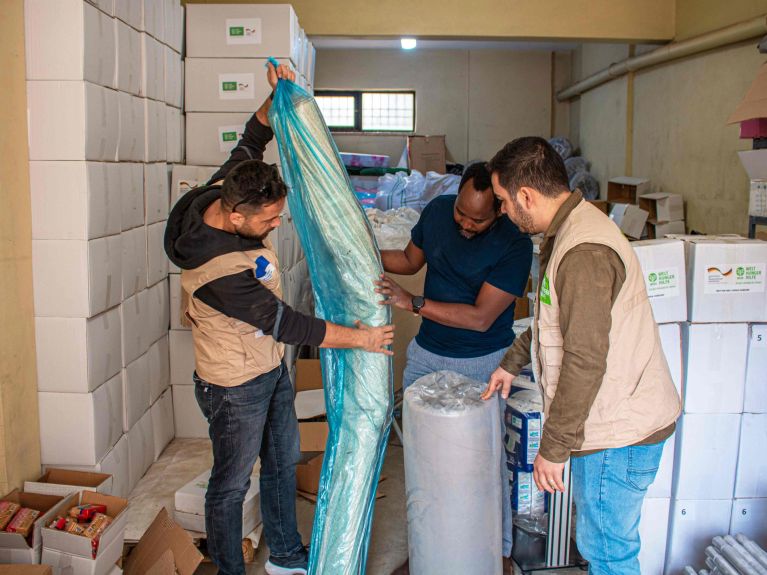
Promoting long-term food security
In his role as deputy country director for Lebanon, Syria and Turkey, Nabaala is confronted with numerous conflicts. The civil war in Syria and complex crises in Lebanon pose considerable challenges for Welthungerhilfe. “It is hard to imagine how we could bring about lasting change for the population if no political solutions are found.” Nonetheless, Nabaala and his team have big plans. “In Syria, we want to further encourage local food production with a view to preventing malnutrition. We are also trying to create protective environments for the civil population.”
Food security also plays a central role in Lebanon. Welthungerhilfe promotes sustainable agriculture there, focusing particular attention on training women. In Turkey, Welthungerhilfe is not only supporting reconstruction following the earthquake but also helping people come to terms with the trauma they suffered as a result of the natural disaster. In the long term, sustainable agriculture will play a key role in the country. In collaboration with local partners, the organisation is hoping to establish “net-positive agriculture”. This is a type of farming that removes more greenhouse gases from the atmosphere than it produces.
Despite all the challenges, Nabaala greatly values his work at Welthungerhilfe. “My work gives me so many opportunities. Previously I have also worked in Kenya and Liberia. Every day I meet fascinating people and see that my work genuinely improves things.”

